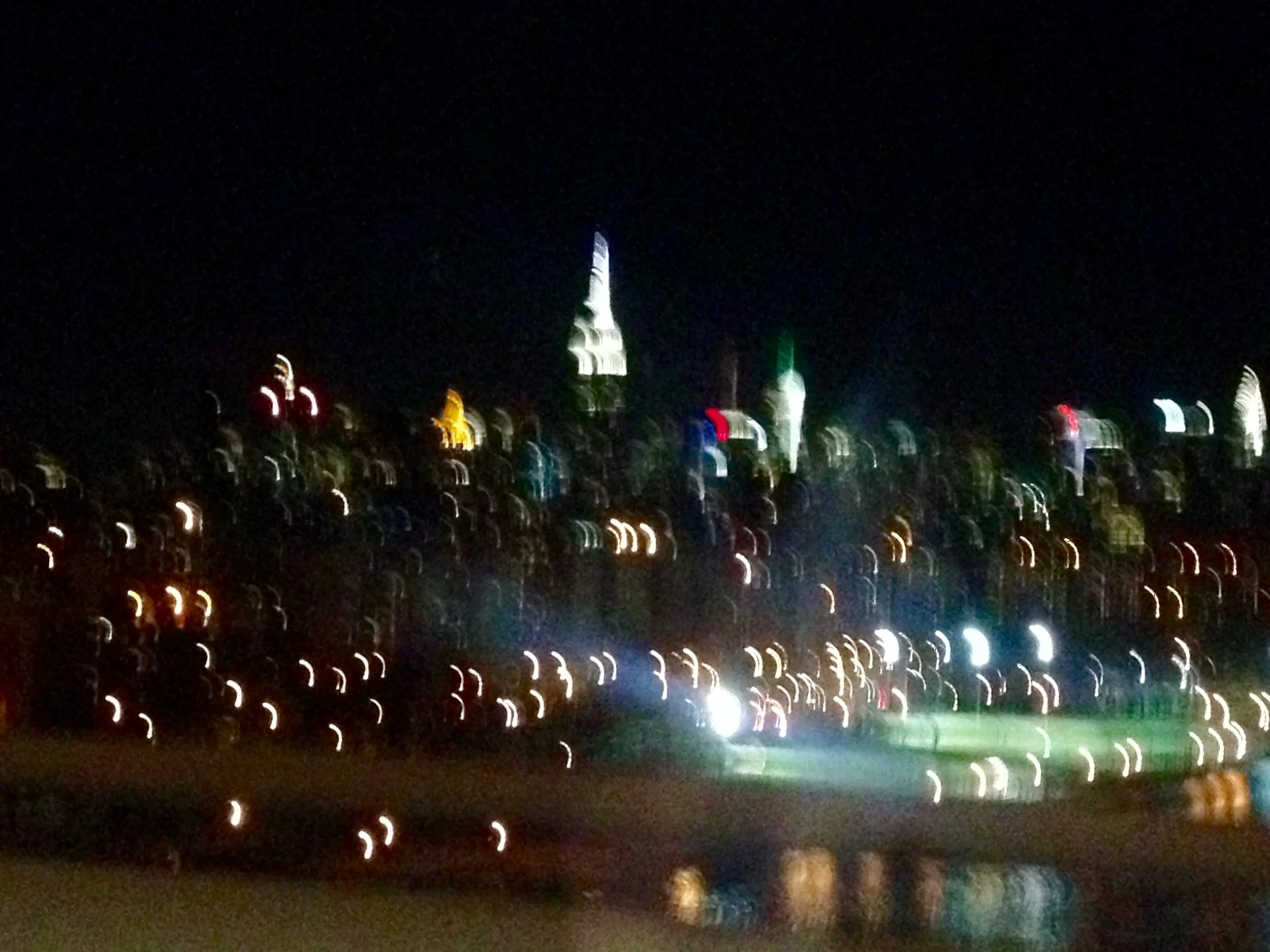The State of Free Speech in America, at BookExpo 2018
/By Natalie Bozimowski
[L-R] Jose Antonio Vargas, Jill Abramson, DeRay McKesson and Katy Glenn Bass
There was a lot to discuss on Thurs., May 31 at the Javits Centre in New York, ranging from "fake news" to diversity in the newsroom, as an audience gathered for a fascinating panel on free speech at BookExpo 2018. The all-star panel – a collaboration between BookExpo and PEN America – took place in the early afternoon and began with a very simple question from moderator Katy Glenn Bass, director of PEN America’s Free Expression Policy and Research: “Does free speech need saving?”
Panelists included Pulitzer Prize-winning author and journalist Jose Antonio Vargas, former executive editor of The New York Times, Jill Abramson, and civil rights and Black Lives Matter activist DeRay Mckesson. Before the panelists responded to her question, Bass addressed the fact that everyone has a different ideas about what constitutes free speech — from protesting to tweeting. The crowd listened intently as the three speakers described free speech as they view it, including moments of lightheartedness and humour amid more somber and serious points in the discussion.
Conversation bounced back and forth between the trio, each eager to share his or her thoughts. Social media - widely praised for its role in allowing more people to voice their opinions and have them heard - dominated parts of the discussion.
“In some ways we are literally drowning in speech… and certainly a concern that I have is the survival of a civilized discourse,” said Abramson, the first female to hold the executive editor position at the New York Times. She also addressed the issue of “fake news” and wondered if strong responses to it would, inadvertently, curb free speech.
“I’m scared that in the rush to reform and regulate that kind of manipulation... we’re gonna see calls by the government and in Washington, and also oversees in Europe, to regulate,” free speech in some way, Abramson said.
“For me, words and our freedom to express ourselves is in itself a kind of citizenship,” said Vargas, an immigrant who “grew up in newsrooms.”
He focused on misrepresentation in the media - an issue that hits close to home.
“Most news organizations do not look like the communities they serve,” he said with sadness. “I would argue that if more women were in charge it’d be different, in the same way that I would argue that if there were more people with immigrant backgrounds running newsrooms we would also have a different conversation about immigration."
McKesson, meanwhile, urged those holding the pen to have the courage to speak the truth and avoid using language intended to provoke a specific reaction.
“I don’t know how to talk about the idea of free speech without the practice of [law] enforcement,” said McKesson, whose podcast, Pod Save The People With Deray, covers news, social justice, and politics, including the the role of the news media in covering police brutality and instances of violence surrounding racial discrimination.
Free speech is an enormous topic - it could serve as the subject of an entire conference let alone a panel, and still we would reach its conclusion with more questions. We left this fascinating discussion with more questions than answers, but every public discussion on free speech is an important part of moving the conversation forward, and broadens the community of those who care about it.

![[L-R] Jose Antonio Vargas, Jill Abramson, DeRay McKesson and Katy Glenn Bass](https://images.squarespace-cdn.com/content/v1/56030e34e4b00e89f63a727a/1527804489710-23AQTU1722BBJAII7U6A/Free+Speech.JPG)